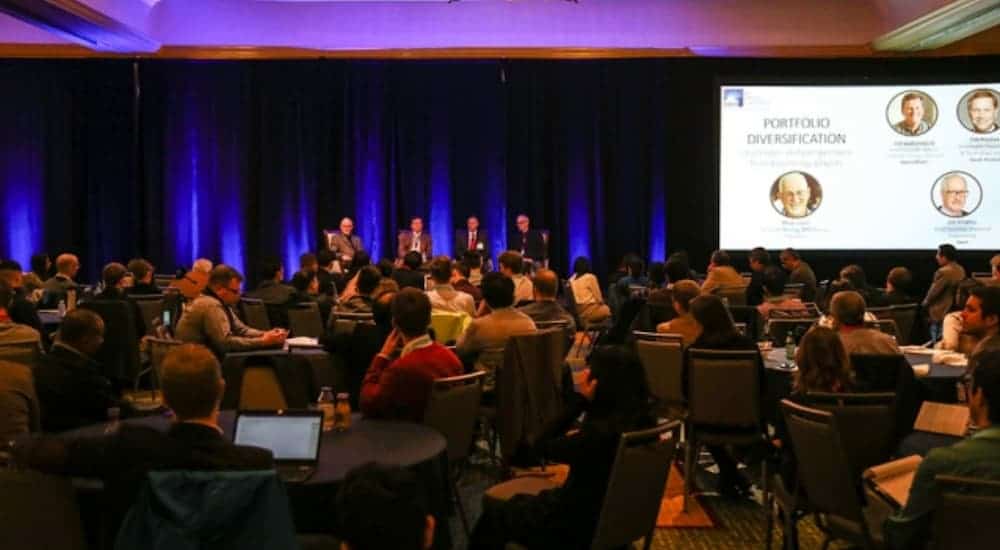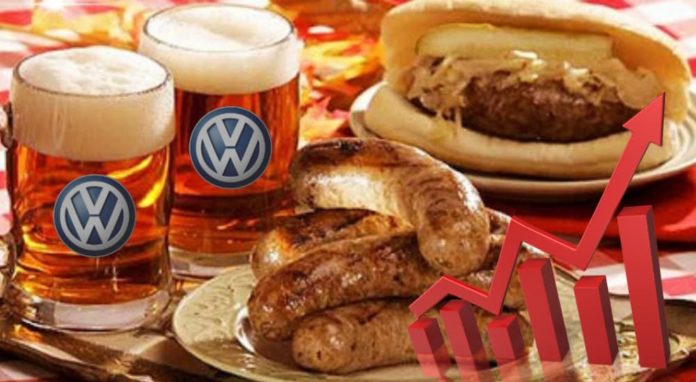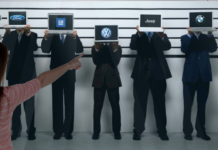It’s been years now that live auto news headlines have detailed the continuing plight of German automakers (the Volkswagen Group, in particular) who have been implicated in various emissions scandals.
Stemming back to 2015, the VW group has been accused by U.S. officials of equipping diesel-powered Audi, Volkswagen, and Porsche models with illegal software that would falsify emissions readings, in an attempt to subvert government standards. The accusations were then duplicated by EU officials. Affecting the automotive landscape on a global scale, 2019 has seen the story escalate to a point where criminal indictments were being issued to VW leadership (past and present) by German prosecutors.
Such indictments began with former VW Group VEO Martin Winkertorn, who had stepped down from his position soon after the scandal had gone public. If convicted, Mr. Winkertorn could receive a prison sentence of up to 10 years, so he and his lawyers now find themselves building a defense of false certification, breach of trust, and tax evasion among other charges. Needless to say, they’ll have their work cut out for them.
But the 14th annual student-run MIT Energy Conference held on April 4th and 5th might have revealed one of the potential cornerstones upon which the Winkertorn defense could be built.

Centered around the promotion of renewable energies, the Conference facilitates the kind of visionary conversations that are likely to shape policy reform in the coming years. And while many of the speakers and forums are designed to increase public visibility of the macro, some of the smaller or independently-run groups that gather often remain focused on niche concerns and applications.
Take M.I.T. doctoral student Phat Ho Thong, celebrated for her work in geocentric carbon emissions and age-structure analysis. Brilliant (and easily aggravated by people who laugh when they first hear her name). Hosting an open discussion forum on the implications of ethnic dietary design and it relationship with environmental standings, Thong introduced the argument that a culture’s relationship with food could have drastic implications on that culture’s perception of environmental concerns and implementation of policy. And, as may prove fortunate for Martin Winkertorn, her presentation utilized Germany as the subject of her data.
“Consistent with data gathered in both Austria and Bavaria, Germany’s diet consists of a variety of items well-known for introducing dietary distress,” she explained to the amped-up crowd of seven attendees. “Rich beers. Sausages, both boiled and grilled. Pork Knuckle. Potato-based delicacies such as Kartoffelpuffer and Kartoffelkloesse. Entire dishes built from fermented cabbage and, the oft-overlooked use of egg noodles. While the average German has evolved to a point where their digestive systems are equipped to handle such damaging food items, the general population of Deutschland remains largely ignorant of the long term effects of such diets.”
Her argument affirms that, while the internal distress and inevitable methane release of an individual might be palatable by German standards, the collective release of gas could have a drastic, exponentially-expansive effect on the local atmosphere. Even worse, an ever-declining level of breathability could be desensitizing Germans against the dangers of air toxification.
The practical application of this argument, as part of Winkertorn’s defense, might posit that U.S. precedents are simply unrealistic, impossible to sustain on a global basis, and that German prosecutors are doing little more than duplicating the U.S. indictments to either save face or to utilize the VW Group into some sort of revenue stream.
Time will tell if such a defense will be put to use, but if we ever needed a reason not to sniff the underside of a lederhosen or dirndl, we have one now.
Also… What the hell did we just say?













